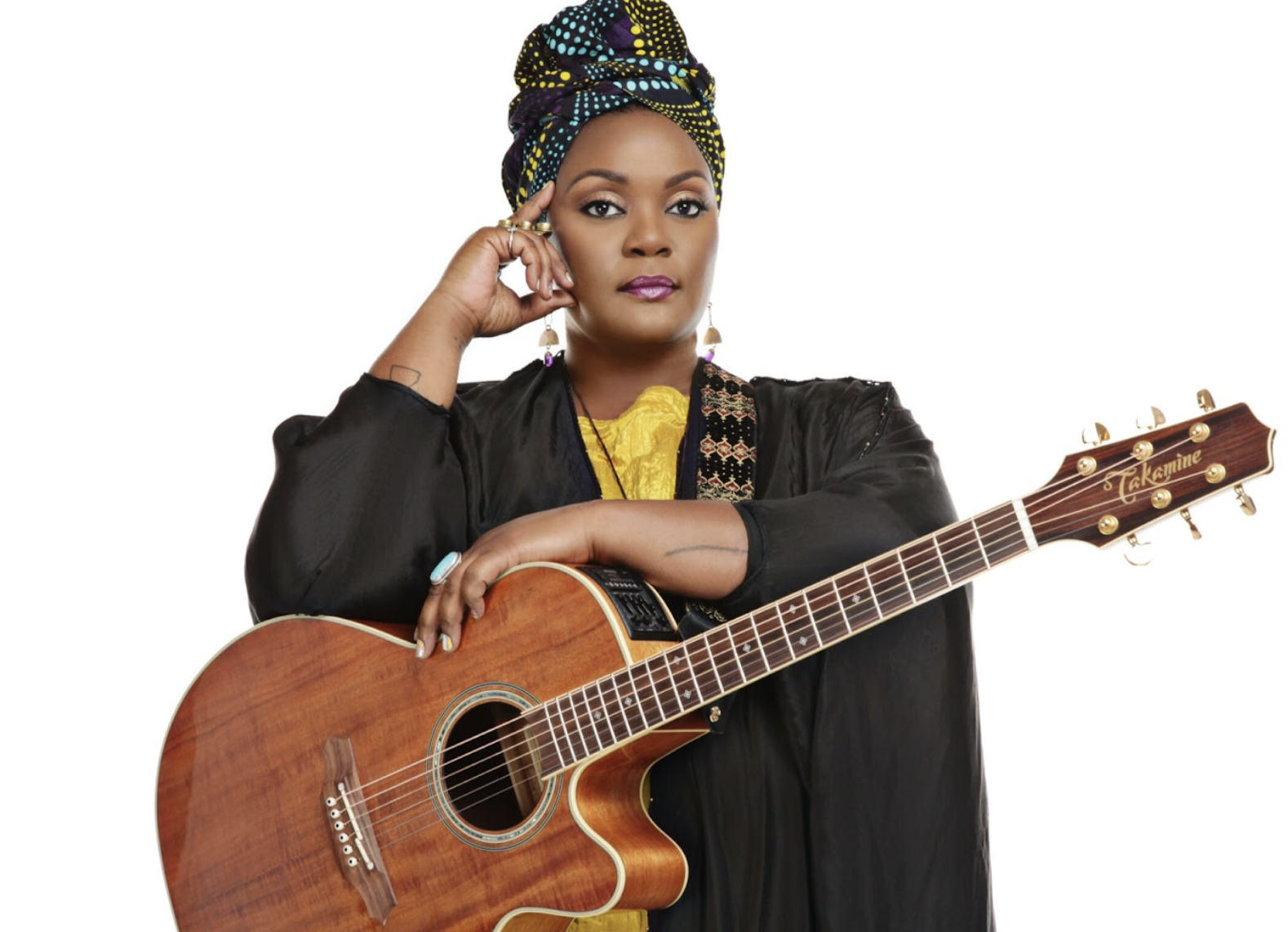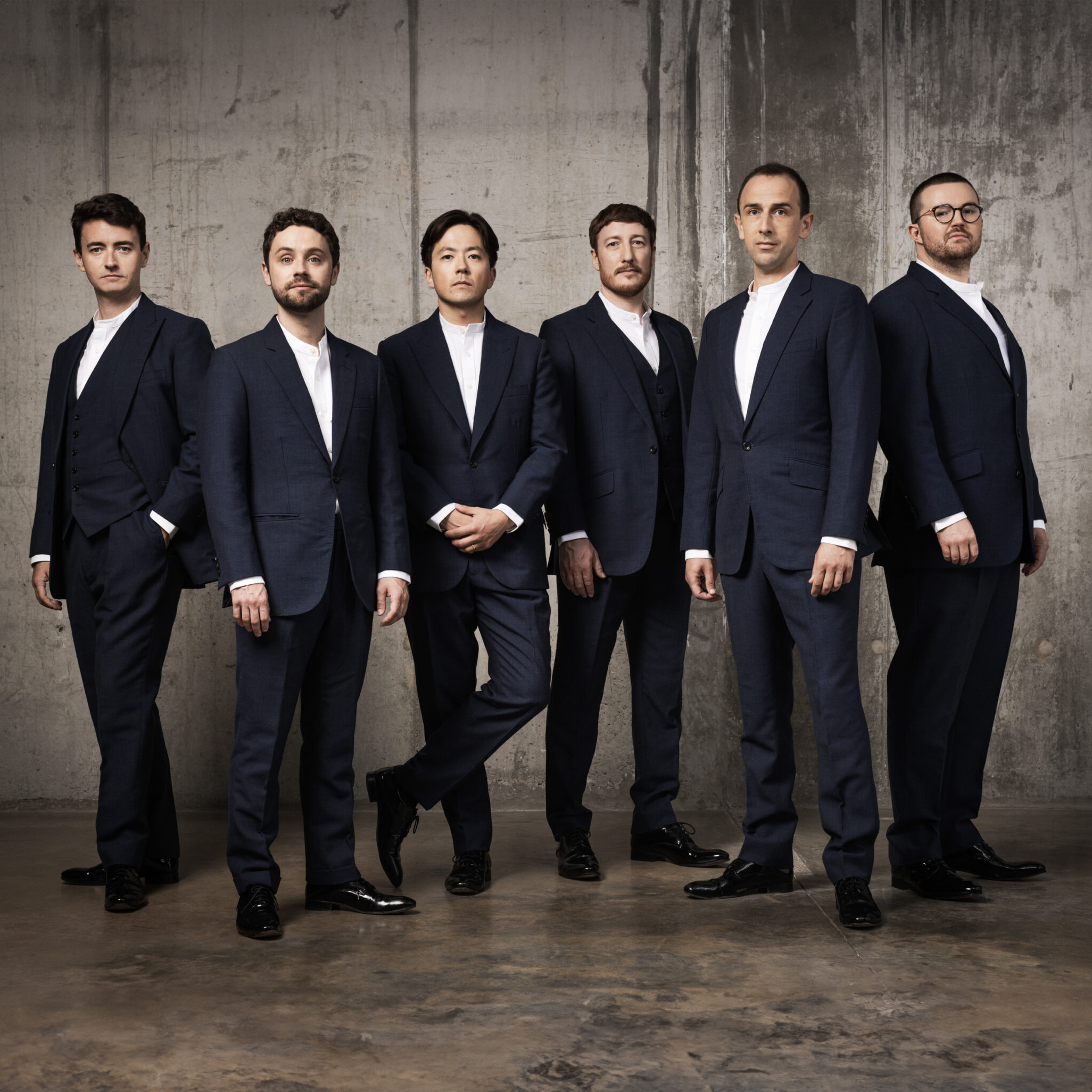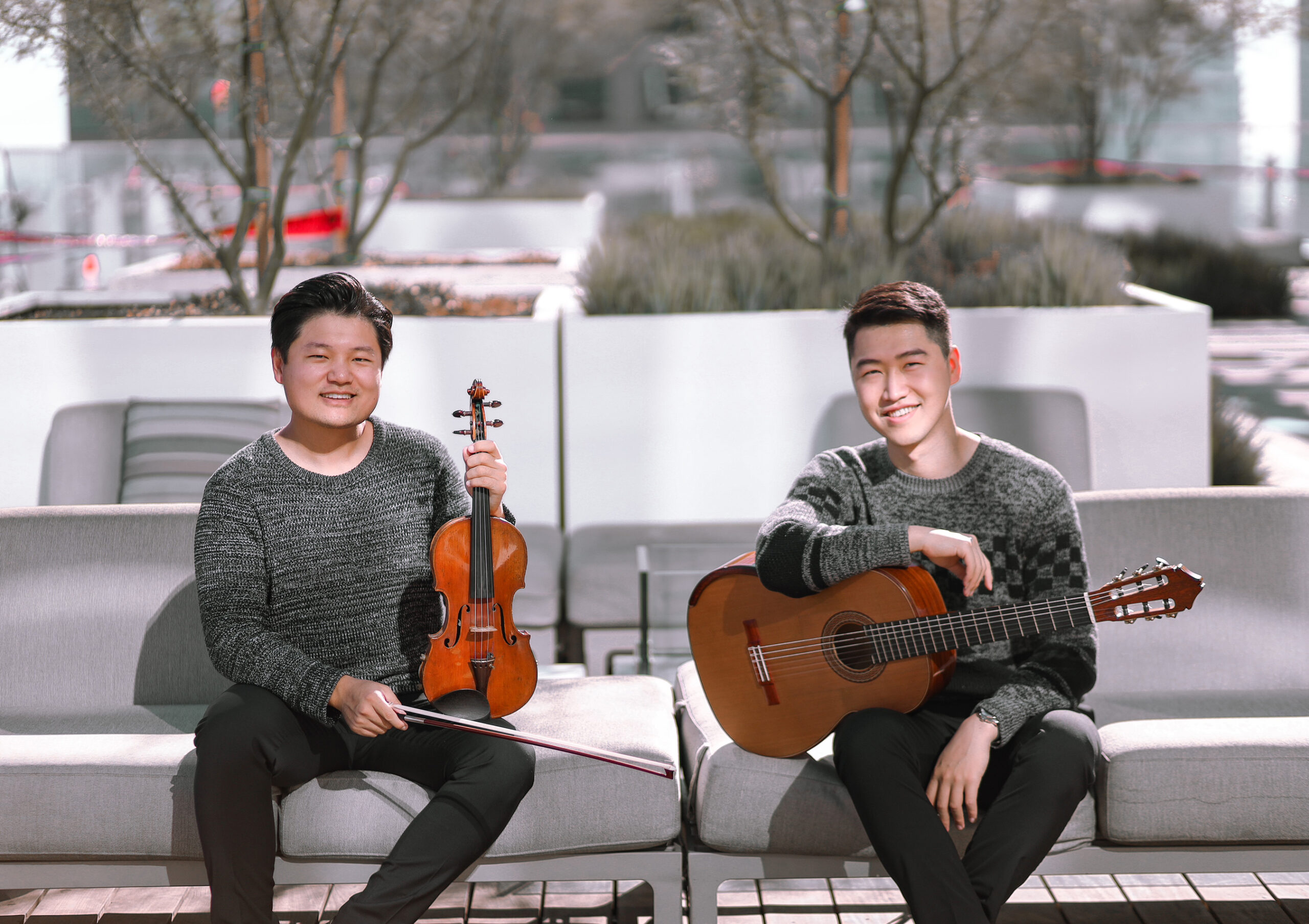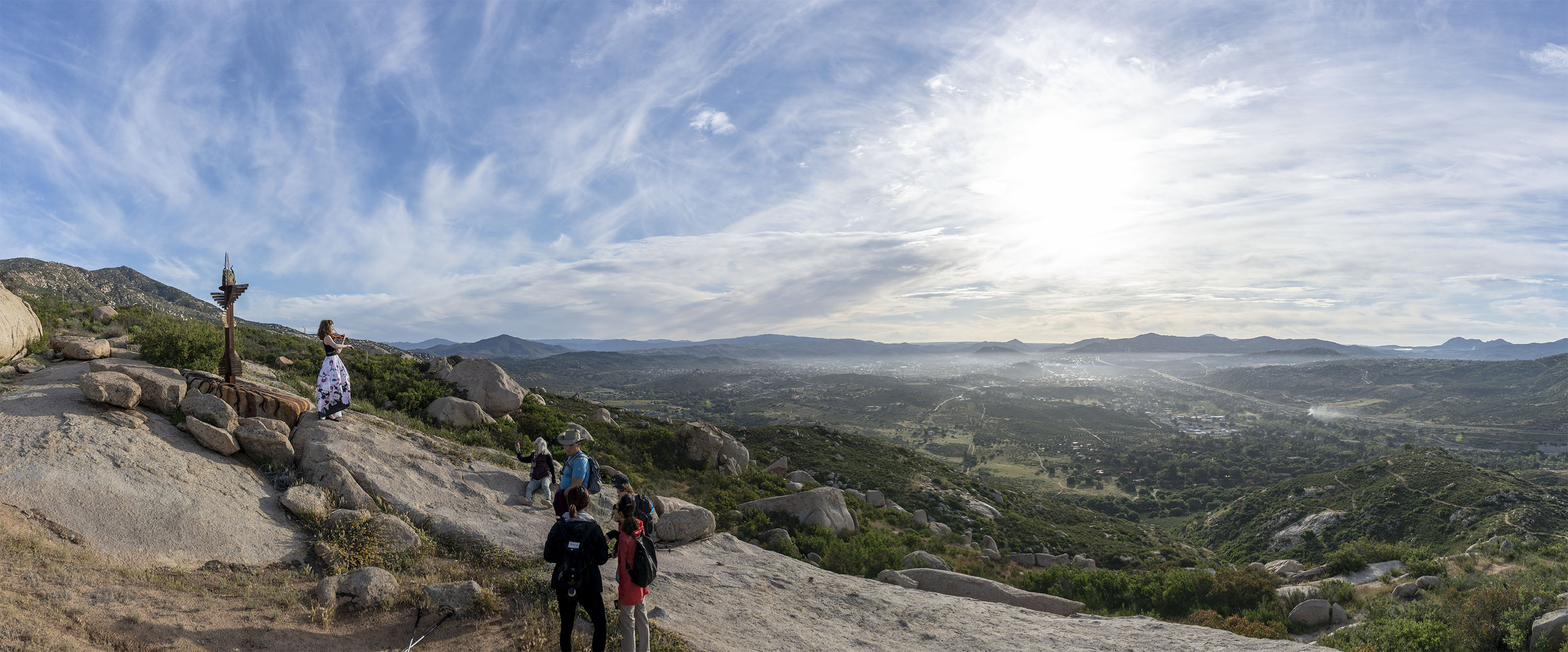The Power and Soul of Songwriter Kyshona

Kyshona Armstrong, known professionally as Kyshona, is an American singer-songwriter and musician. She is known for her soulful and powerful vocals, blending elements of folk, blues, and R&B to create a unique sound. Originally from South Carolina, Kyshona started her musical journey as a music therapist, using her talent to help others. Eventually, she transitioned into a career as a full-time musician and released her debut album, “Go,” in 2014. Since her debut, Kyshona has released several albums and EPs, including “The Ride” (2017), “Listen” (2020) and “Live at the Sanctuary (2021). We’re excited to host her as part of The Rancho La Puerta Folk Festival. She is interviewed by the Festival’s co-host Carissa Stolting.
Carissa: Could you share a bit about your work as a music therapist? How did working as a music therapist influence / inspire your path as an artist?
Kyshona: I worked as a full-time licensed music therapist in the mental health field for 15-plus years. Before this, the only songs I had written were on the piano, but they were more melody-based with no lyrics involved.
It was in group sessions with my patients that I started writing short, mantra-driven songs with actual lyrics. Writing those intentional, mission-based melodies was the beginning of my songwriting journey. As an artist today, I have maintained my dedication to writing music that has a mission and intention. I understand that my music may never reach the mainstream media. It is more important that I reach the people where they are and when they need it.
Carissa: Your music addresses political frustration, injustice, struggle, and pain, but the takeaway is a message of hope and the healing power of community. How do you safeguard your own hope for a better future in an often painful and chaotic world? Is music part of this practice of protection? What other practices do you have to take care of yourself?
Kyshona: Music is most definitely the way that I try and hold true to the hope for a better tomorrow. Just like everyone else who watches the news and sees the changes in our political environment and communities, I get frustrated and, honestly, frightened about our future as a whole. It is through song that I dream of a better tomorrow.
I believe there is power in the spoken word. So, to sing about a world where there is understanding, empathy, equality, humility, forgiveness, and healing is my way of speaking these into existence.
As for other self-care practices: I sit in silence at home. There is so much noise, literally and figuratively, on social media and out in the physical world that I need stillness and quiet when I am home. I also maintain pretty strict personal boundaries. It’s hard when you’re known as someone that spreads messages of love and healing. I have found that to keep spreading that message I need to have boundaries around what I take in and whom I surround myself with.
Carissa: Can you share a bit about the Your Song initiative? Is there one specific experience / memory that comes to mind when you think of the effectiveness of this work?
Kyshona: Your Song is a therapeutic songwriting program with a mission to connect and heal communities. Lately, we’ve been working mostly with the recovery community. Every songwriting session leaves an impression on both me and the participants. I’ve worked with a young woman whom I met during her incarceration in the Davidson County Jail who, upon being released on parole, reached out to me, and asked for help turning her poetry into song. She is releasing her first full-length album, “10:23,” in early June, and has also written a book about her struggle with addiction and her healing journey. I’ve also been asked to work with Recovery Point in Huntington, West Virginia where we wrote an anthem with a group of 51 men who were a part of the recovery program. I witnessed these men be vulnerable, supportive, humble, and joyful during this session. There was even a young man in the room that the men encouraged to come and play piano on the song we had written. It was a beautiful moment, and I am so grateful for that opportunity to bring a little light and laughter to those men.
Carissa: We hope this week at Rancho La Puerta will be a deeply restful and healing week for you as an artist. What would make this an especially restful week for you?
Kyshona: Just knowing that I will be in a place surrounded by nature with opportunities to take care of my physical self and have time to mentally unplug is really exciting. I’ll be coming off a two-week tour of the UK and then heading into a lot of touring in July before recording. This feels like a much needed and necessary scheduled respite.
Carissa: Is there anything else you’d like to share with the Rancho La Puerta community? A sneak peek into an upcoming project, or a thought / meditation that has been on your mind lately?
Kyshona: I’ve been focused on legacy; my own and that of my community. My next album is a collection of songs written from stories of my ancestors. We’re heading into the studio soon and launching a Kickstarter to help with the production costs. Part of this Legacy album includes the efforts to lead community songwriting sessions with families (biological and chosen) to foster something that I find many have forgotten to do: have conversations on an intergenerational level. While touring my Legacy album, we’d also be leading these sessions in the cities we tour through, collecting the songs for a larger Legacy Project to include a recording of these written songs as well as helping folks, especially POC folks, connect with a genealogist to research their family tree.
See where else Kyshona will be touring and see more videos. Learn more about our talent-packed Rancho La Puerta Folk Festival June 17 – 24.


